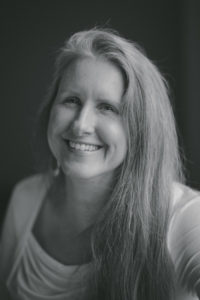
Group therapy is a weekly meeting of people who want to examine their lives for the sake of deeper connection with others and living more fully. It’s an opportunity to explore how your experiences have shaped who you are and how you relate. In group therapy, you can tell your most difficult stories and be supported in your grief and challenged to live with more freedom and passion. It offers space to practice new ways of relating, to care for others, and to be confronted with your brokenness and depravity as well as with your glorious dignity. You can survive on your own. And, as Frederick Buechner says, “You can even prevail on your own. But you cannot become human on your own.” Group therapy is a place to become human.
This can be a powerful addition to individual counseling because interacting with a group of people brings up different dynamics and issues. Groups run for 14 weeks, starting three times during the year: January, May, and August. At the end of 14 weeks, current group members have the option of continuing and new members may be added. Groups last one-and-a-half or two hours (depending on the size of the group).
Story Group
• How do the stories of your life impact who you are?
• What can you learn from your stories of tragedy and loss?
• What is the larger story that your life is telling?
In this 14-week small group, we explore how to write and tell stories from our lives with honesty and curiosity in order to live with more freedom and joy. You write stories from your life and get feedback from the other group members. The group uses the books To Be Told and To Be Told Workbook to guide us as we create community by writing and sharing our stories with each other.
Sexual Abuse Recovery Group
• How can you learn to trust others and develop deep relationships when you have been betrayed so deeply?
• What do you do with disturbing memories of abuse?
• Why are you troubled by addictions, depression, loneliness, self-hatred, or an eating disorder?
Pretending sexual abuse didn’t happen leads to a life of dishonesty. Hoping there is no residual damage makes us naive and vulnerable. Gutting it out through willpower, prayer, or Bible study leads to exhaustion and cynicism. This 14-week small group journeys into the damage of childhood sexual abuse, looking at issues such as betrayal, powerlessness, shame, ambivalence, and contempt. We use The Wounded Heart and The Wounded Heart Workbook by Dan Allender as we seek truth for the sake of personal transformation and renewal of hope.
It is important to tell our secrets too because … it makes it easier for other people to tell us a secret or two of their own, and exchanges like that have a lot to do with what being a family is all about and what being human is all about.
—Frederick Buechner
